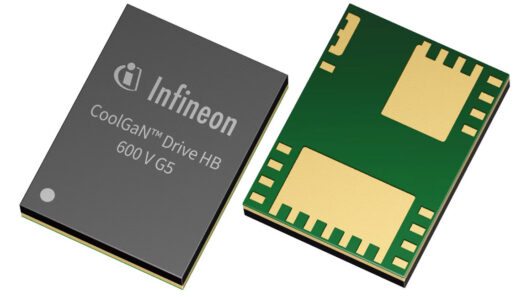Rework and repair have been established for a long time – but many electronics manufacturers need more automation. There are many reasons for reworking electronic assemblies: Defect on the component, wrong component assembled, component assembled in the wrong orientation, component poorly soldered (bridges, open solder joints … ), component incorrectly programmed, component is reused (recycling), change on assembly (redesign), assembly is set up as a sample or components are reassembled (prototyping), tests on assemblies and insertion of more powerful components in circuit (upgrading).
Communication electronics and IT infrastructure rely on increasingly powerful circuit boards with high-quality components – this is where a repair quickly pays for itself. The HR 600 XL modular rework platform is predestined for this. The processing of large assemblies is designed for board sizes up to 650 x 1,250mm with the expandable bottom heater and suitable PCB holder. Matrix heating is used to adapt the heating surface to the dimensions of the assembly and the power distribution of the preheater is dimensioned to the application. The system can be adapted using interchangeable heating heads – depending on component size and energy requirements. With the largest heating head with 150 x 120mm effective area and 2,800W total power, very large components can be desoldered and soldered and upgrading can be carried out gently. Additional functions for automated processes are available for the HR 600 XL platform, which can also be retrofitted to existing systems. After desoldering a component, any remaining solder usually has to be removed. With the ‘Auto Scavenger’ module, there is now a fully integrated functional unit for this – immediately after removing the component, the suction nozzle of the Auto Scavenger is lowered over the circuit board and the residual solder is automatically removed without any contact.
There is also something new in terms of temperature recording: in addition to the proven temperature sensors (K-type thermocouples), there is now a non-contact sensor (Virtual Thermocouple, or Virtual-TC for short) to precisely control soldering processes. Optical sensors usually measure different temperatures – depending on the surface properties. Ersa initially sets the Virtual-TC to the temperature of a reference thermocouple. All subsequent soldering processes on the same assembly are carried out safely using the non-contact sensor. This is a huge advantage for customers who process many identical assemblies – there is no need to repeatedly apply a thermocouple. All Ersa rework devices are controlled and operated via the cross-system software platform HRSoft 2. All process parameters are stored centrally and MES interfaces are defined. The path to further automation of rework processes is clearly marked out, the Ersa rework systems are ideally prepared for all possible applications!







